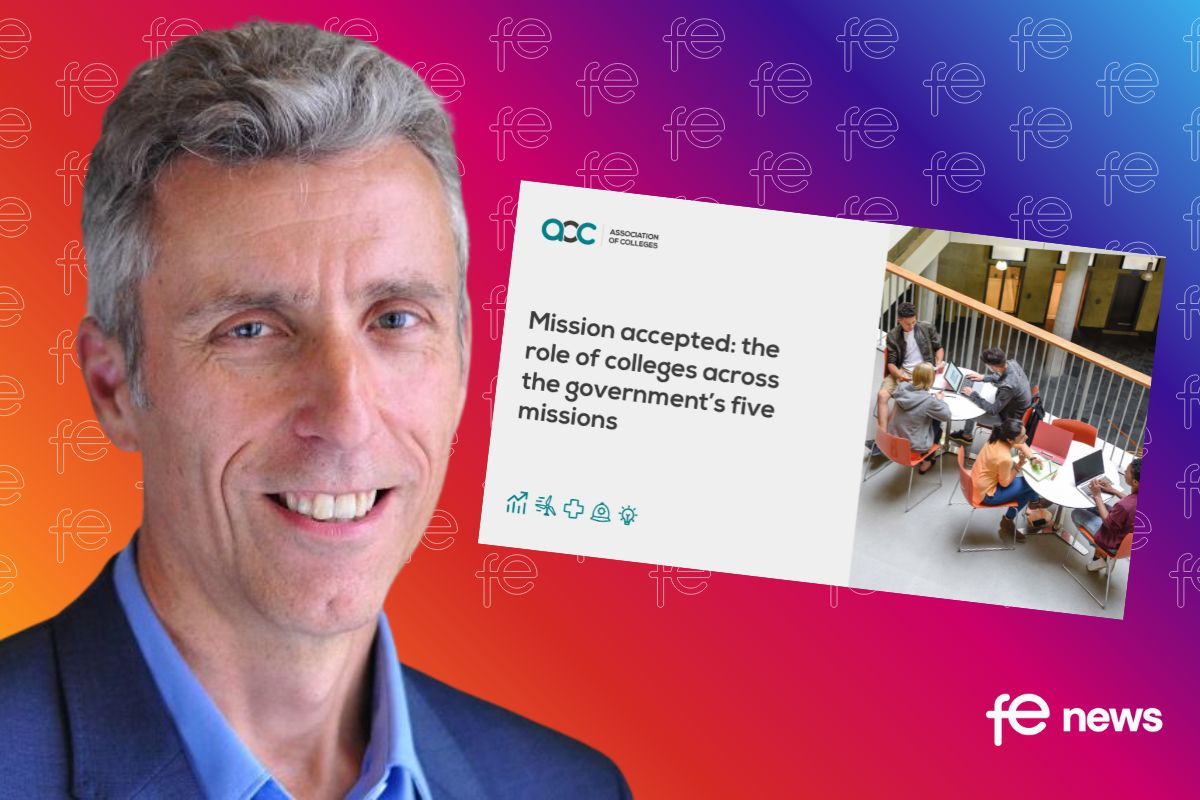Preventing a Mental Health Crisis through ‘More Jobs’ and ‘Better Quality Jobs’

A Health Crisis, a Jobs Crisis… a Mental Health Crisis?
What a difference a year can make! The start of 2020 saw employment at a record high and rising, while youth unemployment continued to fall. Just 12 months later, the scale of the economic fallout of the pandemic economic fallout of the pandemic is becoming increasingly clear: employment is falling and unemployment is rising, the claimant count has more than doubled since March 2020, and young people have been particularly hard hit, with 200,000 fewer 16–24-year-olds in work than a year ago. As the Chancellor expressed during his recent Spending Review “Our health emergency is not yet over. And our economic emergency has only just begun.”
But there is a risk too that this economic emergency, could lead to a further crisis – in mental health. More than 1.7m people are now unemployed, with many more on furlough or in precarious work; and estimates from Learning and Work Institute suggest that long-term unemployment could hit 1.6 million in 2021-22 – a 600% increase and the highest since 1994.
The impact of unemployment on mental health is understandable;
- becoming unemployed can reduce living standards,
- create insecurity and anxiety about future income, and
- result in a loss of self-esteem and social contact.
Given the strength of evidence on the link between the two, this risk must be taken seriously.
Mental health and Unemployment – a Complex Relationship
Of course, the nature of the relationship between mental health and unemployment is a complex one. We know that people with mental health problems are more likely than others to be unemployed. Evidence also shows that becoming unemployed has a negative impact on mental health, and that mental health problems in turn can make it more difficult to find a new job. All this suggests that tackling the mental health crisis will need to go hand in hand with our efforts to tackle the employment crisis.
What Role for Lifelong Learning?
So how can lifelong learning help unemployed adults and young people with mental health problems. There are potentially three ways in which it can make a difference:
Firstly, lifelong learning can provide a route into work and a progression pathway to better work. Those with fewer qualifications are more likely to be unemployed and less able to find new work. Lifelong learning can equip young people and adults with the skills, knowledge and qualifications that can help find a job and progress in the workplace.
Secondly, lifelong learning can help improve health behaviours and support better management of mental health. People with more education have been shown to have a greater understanding of health conditions, better knowledge of the available treatments
and more skills to manage their health. Taking part in learning as an adult has been shown to result in fewer visits to the GP and better decision making about healthcare. In turn, this is likely to increase the likelihood of unemployed young people and adults being able to find and take up new work.
And thirdly, lifelong learning can improve mental health and general well-being. Lifelong learners frequently report improvements in confidence, self-esteem, social connection and life satisfaction. In a recent study of adult learners with mental health problems, three-quarters identified that engaging in learning had resulted in positive changes in their mental health.
Any Job will Not Do!
But it is also important to note that while good work supports good mental health, the theory that ‘any job is better than no job’ is not necessarily true when it comes to our health and well-being. As the 2010 Marmot Review recognised, if we want to reduce health inequalities, then “jobs need to be sustainable and offer a minimum level of quality, to include not only a decent living wage, but also opportunities for in-work development, the flexibility to enable people to balance work and family life, and protection from adverse working conditions that can damage health.”
Recommendations
Preventing a mental health crisis amongst the working age population will require a comprehensive job creation, lifelong learning and quality of work response.
Recommendation 1
While unemployment is linked with poor mental health, so is poor quality work. As we rebuild our economy, we need to ensure that everyone has access to good work with opportunities to develop and progress.
Recommendation 2
Lifelong learning can provide young people and adults with opportunities to develop skills and gain qualifications to help them progress out of poor quality, low paid work – thereby improving their mental health.
Recommendation 3
Lifelong learning also has a direct impact on people’s well-being, building their confidence, connecting them with others and equipping them with the tools, strategies and resilience to manage, and improve their mental health.
By Fiona Aldridge, Learning and Work Institute
Understanding and Overcoming a Mental Health Crisis in 2021 |
|
This article is from the new publication ‘Understanding and Overcoming a Mental Health Crisis in 2021: issues for post-16 education, employment, the world of work and retirement’. Some of the issues and concerns for mental health discussed existed prior to the pandemic, but Covid-19 has caused additional pressures on young people and adults. The authors make specific recommendations to support apprentices and students at colleges, university and in adult learning, as well as people in and out of work. The important role of education, lifelong learning and good work in promoting mental wellbeing and reducing mental health problems is also addressed. Published by the Campaign for Learning, it brings together sixteen specialists from mental health and post-16 education and employment to set out what needs to be done to prevent or limit a mental health crisis in 2021. |
|











Responses